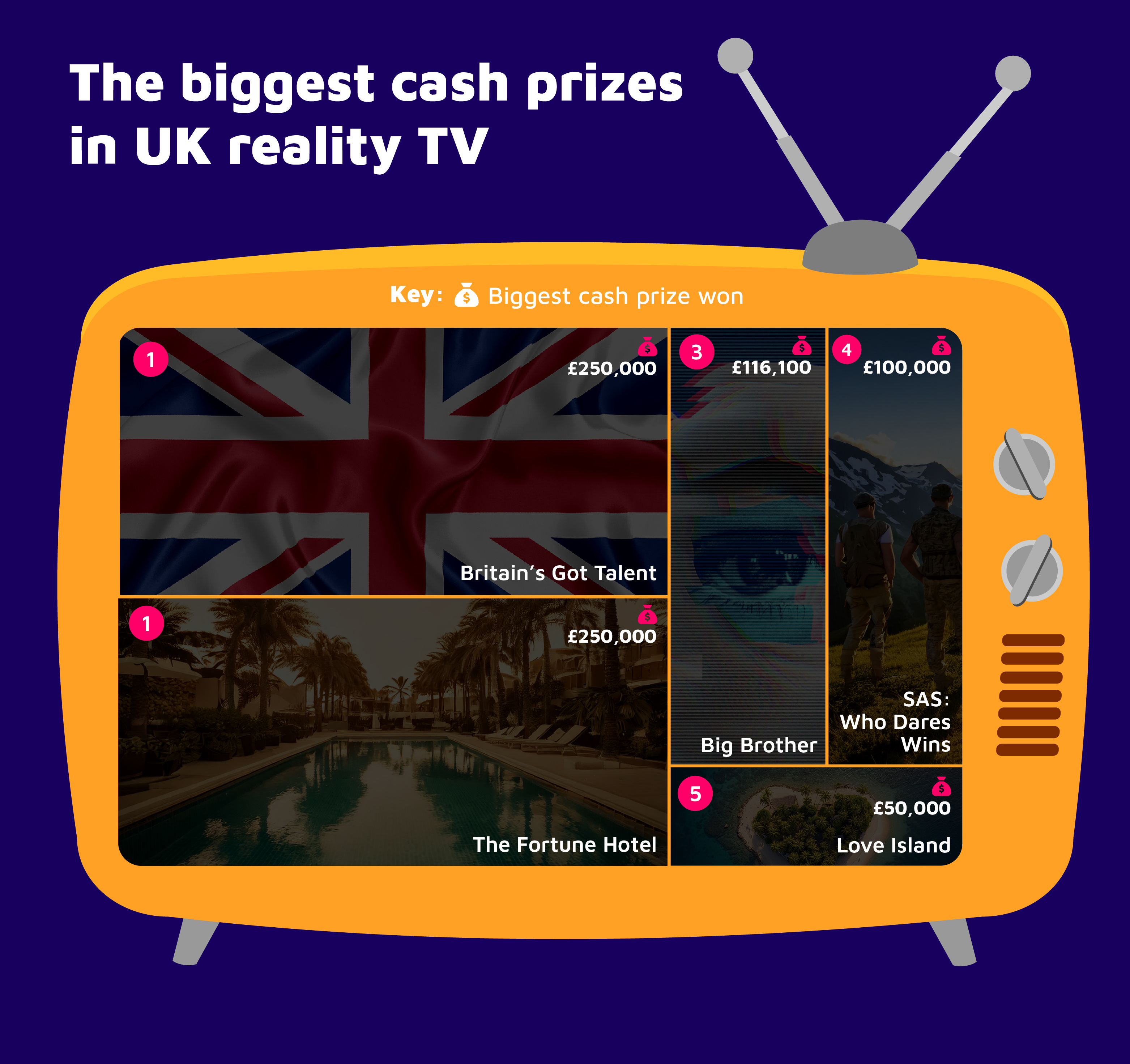Reality TV and social media have become inseparable forces, reshaping how audiences interact with their favorite shows. Gone are the days when viewers simply watched episodes and discussed them with friends. Now, platforms like Twitter, Instagram, TikTok, and Reddit allow fans to engage in real-time discussions, influence contestant popularity, and even shape the outcomes of their favorite reality series.
This symbiotic relationship between reality TV and social media has not only changed the way people consume entertainment but has also given audiences an unprecedented level of control over the narrative. Let’s explore how social media has revolutionized reality TV engagement and transformed the viewing experience.
1. Live Tweeting and Real-Time Reactions
Social media has turned reality TV into a shared live experience. Platforms like Twitter and Reddit allow fans to react in real-time, posting memes, opinions, and instant commentary as episodes air. This has created a new level of engagement that keeps audiences glued to their screens even during commercial breaks.
How Live Tweeting Affects Reality TV:
- Creates a Second-Screen Experience – Many viewers watch reality shows with their phones in hand, engaging with trending hashtags and live polls.
- Boosts Show Visibility – The more a show trends on Twitter, the more likely it is to attract new viewers, making it a powerful marketing tool.
- Instant Audience Feedback – Producers and networks can see real-time audience reactions, influencing future episodes or contestant edits.
Shows like Love Island and The Bachelor rely heavily on Twitter engagement, with hashtags like #BachelorNation or #LoveIslandUSA trending worldwide during airings. Fans analyze contestant behavior, debate eliminations, and create viral moments, making the experience more interactive than ever.
2. The Rise of Fan-Created Content
Social media has given reality TV fans a voice and a platform to create their own content. TikTok, YouTube, and Instagram have become hotspots for fan theories, episode breakdowns, and contestant deep dives.
Examples of Fan-Generated Reality TV Content:
- TikTok Trends & Edits – Viewers create short clips featuring contestant highlights, funny edits, and reaction videos, increasing visibility for shows.
- YouTube Recaps & Commentary – Channels dedicated to analyzing reality TV moments gain thousands of views, sometimes shaping audience opinions.
- Meme Culture – Iconic moments are turned into memes, keeping reality shows relevant beyond their airtime.
One example is The Real Housewives franchise, where fan-made memes and viral quotes help keep the show’s legacy alive, long after seasons air. Similarly, TikTok challenges inspired by RuPaul’s Drag Race have helped expand its fanbase beyond traditional TV audiences.
3. Social Media’s Influence on Contestant Popularity
In the past, reality TV contestants relied on producers and editing to shape their public image. Now, social media has shifted that power to the audience.
How Social Media Can Make or Break a Contestant:
- Fan Favorites Rise Quickly – Contestants with strong social media presence gain massive followings overnight, leading to post-show opportunities.
- Backlash Can Ruin Careers – A single controversial clip can lead to online outrage, damaging a contestant’s reputation and future prospects.
- Platforms Give Contestants More Control – Many reality stars use social media to share their side of the story, addressing edits that might have misrepresented them.
For example, Big Brother and The Bachelor contestants often gain millions of followers if they are well-received by audiences. Some parlay this into influencer careers, securing brand deals, launching podcasts, or starring in spin-offs. However, those caught in scandals can face mass online backlash, showing how powerful social media opinion can be.
4. Audience Voting and Instant Show Influence
Social media has also changed how audiences directly influence reality TV outcomes. Many shows incorporate online voting, allowing fans to save contestants, choose challenges, or determine storylines in real time.
Examples of Social Media-Driven Audience Participation:
- Love Island – Viewers vote on who stays, who goes, and who gets matched together, giving fans direct control over show dynamics.
- American Idol & The Voice – Twitter and app-based voting allow audiences to pick their favorite singers, impacting competition results.
- The Circle – Audience polls help shape twists, surprises, and contestant decisions, making the game feel interactive.
This level of real-time engagement strengthens the connection between fans and the show, making them feel like active participants rather than just spectators.
5. Reality TV Stars Turned Social Media Influencers
Social media has blurred the lines between reality TV contestants and influencers. Many stars use platforms like Instagram and TikTok to extend their fame, build personal brands, and secure sponsorship deals.
Notable Examples of Reality Stars Who Became Social Media Influencers:
- Kim Kardashian (Keeping Up with the Kardashians) – Built a billion-dollar empire through social media branding.
- Addison Rae (Hype House) – Leveraged TikTok fame to land movie roles and sponsorships.
- Harry Jowsey (Too Hot to Handle) – Turned reality TV exposure into a successful influencer and podcast career.
Many reality TV stars no longer rely on network deals to maintain relevance. Instead, they use social media to monetize their following, making reality TV a launchpad rather than a career destination.

